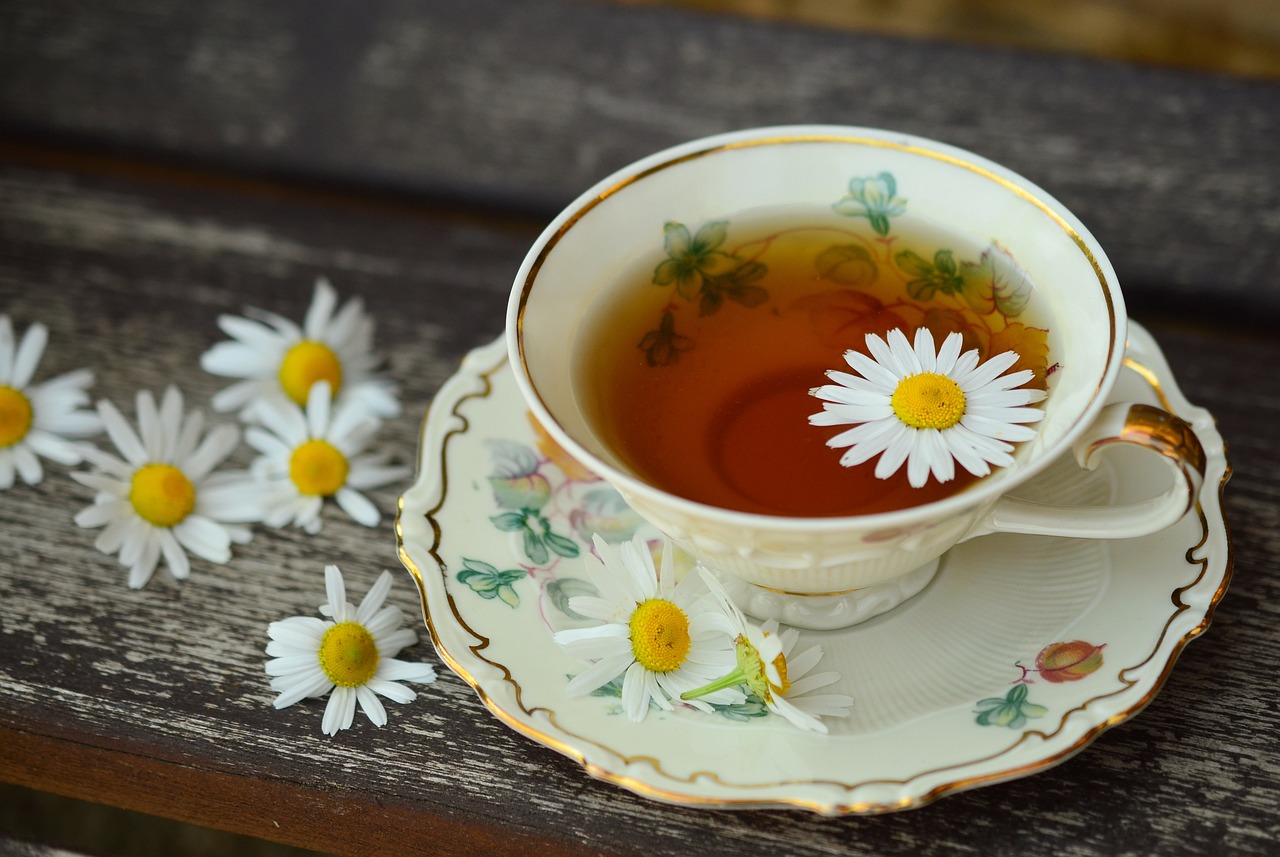Modern Herbalism
What is modern herbalism?
Modern herbalism uses traditional knowledge handed down from different cultures in the world that have used plants and trees to cure disease for thousands of years. It combines this knowledge with scientific understanding about the composition and action of plants, and the physiological functions of the body. Herbal remedies are prescribed to be taken internally or to be applied to the skin. They are used in many forms, including tablets, tinctures, infusions (teas), decoctions (boiled in water), and compresses.I am using the term modern herbalism here to distinguish it from non- western traditions such as Chinese herbal medicine. There have been warnings about the contamination of Chinese herbal medicines by heavy metals. These medicines also make use of animal products, sometimes from highly endangered species; apart from the unethical nature of these products I believe this practice may attract bad karma.
Many of the modern medicines we use today were originally derived from herbs. For example: aspirin is found in willow bark, and digitoxin and digoxin used to regulate the heart are found in foxgloves. But there are major differences in the way modern drugs and herbs work. Drugs are isolated from substances that make up a plant, while herbal remedies are complex combinations of naturally occurring substances. Herbs may contain vitamins, minerals, carbohydrates, trace elements, tannins, bitters, volatile oils, mucilage, glycosides, saponins and alkaloids. Herbalists believe that it is this combination of substances in the proportions found in plants that give the herbs their healing qualities. It may be that this combination of substances has a more holistic effect on the functioning of the body’s systems than individual drugs.
What does modern herbalism involve?
Practitioners in herbalism vary in their background and medical knowledge.
In the United Kingdom, medical herbalists who belong to the National Institute for Medical Herbalists, are trained in orthodox medicine as well as having a scientific understanding of the affect of herbs on the body. Other practitioners base their work more on traditional knowledge and practice.
Herbalists often prescribe to support body systems rather than to relieve symptoms of disease. While it is not possible to say precisely how herbs work, there is a lot of evidence from clinical trials to support the effectiveness of herbs in treating certain conditions.
It is possible to buy many herbal medicines and plant tinctures from health food shops and on the Internet, and there is plenty of inormation in books and on-line about the use of these remedies.
What conditions does modern herbalism help?
Herbal remedies are available to treat a wide range of health problems, but their effectiveness varies widely for different conditions. Here are some the conditions that herbalists claim to be able to help:
- Circulatory conditions such as high blood pressure, varicose veins and raynauds syndrone
- Digestive and bowel complaints
- Urinary complaints
- Inflammation and swelling of the prostate gland
- Tiredness and fatigue
- Skin disorders
- Mild anxiety and depression
Is modern herbalism safe?
Herbal remedies are probably as safe as many orthodox medical drugs. Like orthodox drugs, they contain chemicals that some people may have an adverse reaction to. You should stop taking any remedy if you experience a bad reaction.
